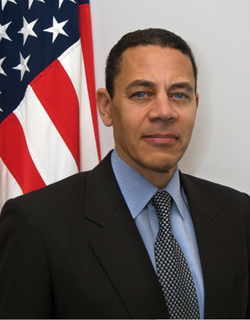A Quote by Marsha Blackburn
An overly expansive virtual 'toll' for the Internet that blocks consumers' and competitors' access to the e-commerce superhighway is not the right answer.
Related Quotes
In the Internet world, both ends essentially pay for access to the Internet system, and so the providers of access get compensated by the users at each end. My big concern is that suddenly access providers want to step in the middle and create a toll road to limit customers' ability to get access to services of their choice even though they have paid for access to the network in the first place.
Today in America many people are living in a virtual world. They enter it through an internet access device and they navigate freely around it, and those people who learn how to navigate better in that space are finding that they have better access to information about jobs and education and all the good things that our society produces.
I know that there is a near unanimous view in Congress that state or local taxes on Internet access would directly deter the ability of consumers to obtain and utilize the Internet. If that is an accepted premise, as it should be, the same concept should apply to the net neutrality debate and its certainty to increase consumer bills.

































